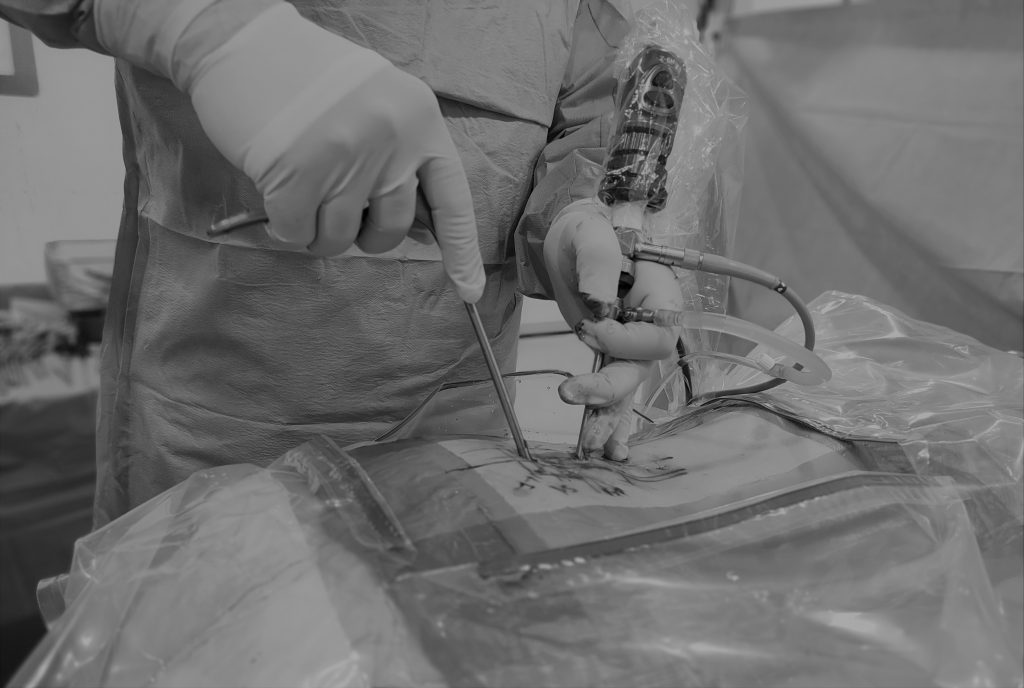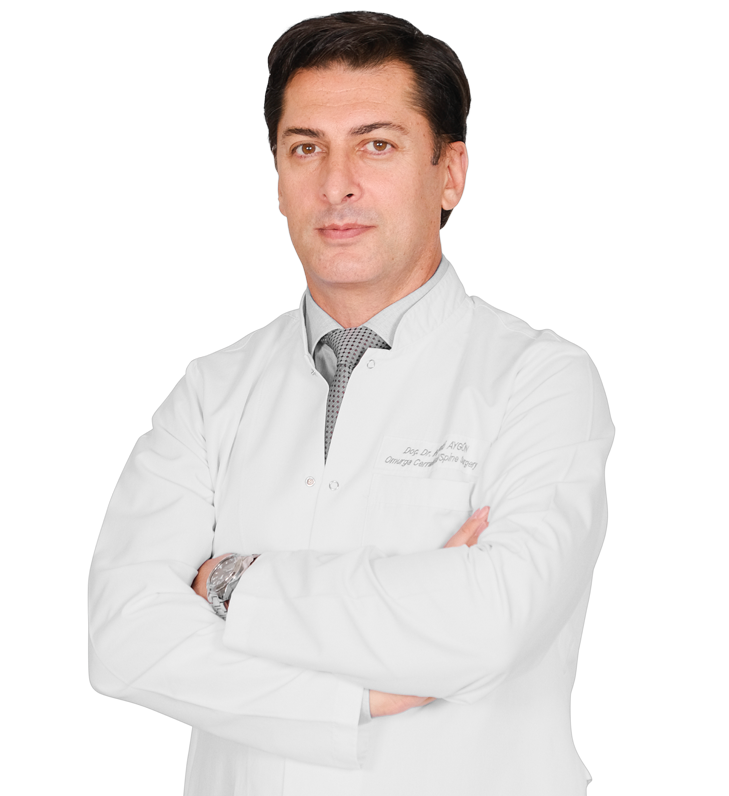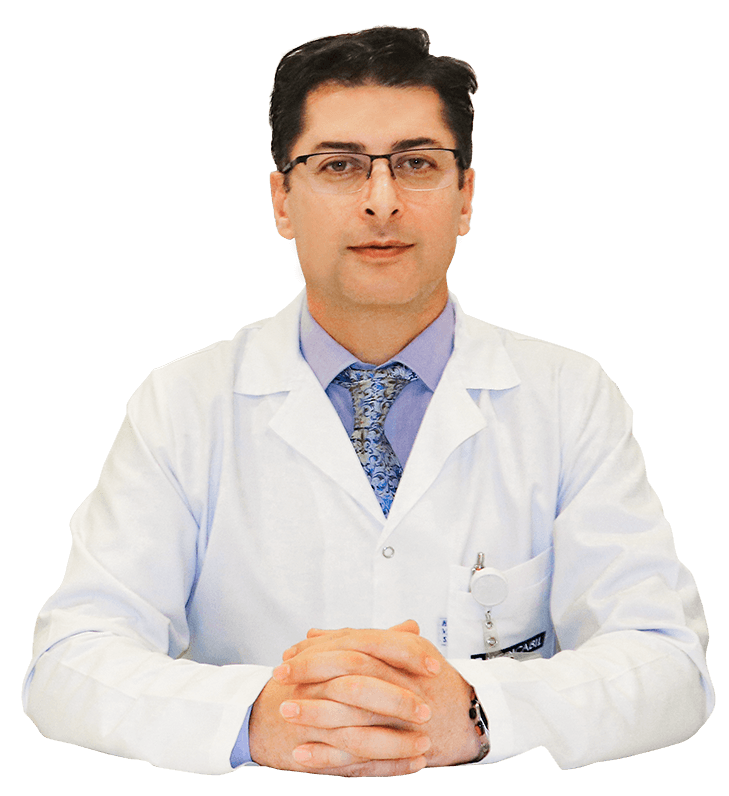In the first chapter of this series we provided a general perspective on the lumbar disk hernia treatment by giving a summary of the condition. Click here to read the first chapter. In this chapter, we are going to focus on the closed lumbar disk hernia surgery – i.e. endoscopic lumbar disk hernia surgery – one of the most frequently-used methods by Assoc. Read more Prof. Dr. Hayati Aygün, M.D., Specialist of Spinal Surgeries. Prof. Dr. Hayati Aygün, M.D., emphasized that the surgical intervention emerges as an option only if the conventional treatments, such as medication and physiotherapy, fall short in terms of delivering results. Acknowledging the recent advancements in the surgical treatment methods for lower back disk hernia cases,
Prof. Dr. Aygün reminds the earlier times when direct and open surgery was the first option, then came the microscope, followed by the microsurgery practices. Prof. Dr. Hayati Aygün, M.D., Specialist of Spinal Surgeries continues his statement as follows: “In the recent years, a fully endoscopic method is becoming more popular. This endoscopic surgery method is only available in a handful of medical centers in Turkey; as for Bursa, Private Medicabil Hospital is the only one in town to perform this surgery. At this moment, our hospital
Prof. Dr. Hayati Aygün, M.D., offers lumbar disk and cervical disk hernia surgeries by using the endoscopic method. The patients have so much confusion about this method. Typically, endoscopy is known as a surgical method applied from mouth to stomach or abdomen. However, this does not exactly define the method. During the endoscopic surgical operation we can access the hernia directly from the waist area by using the endoscopy equipment. We are able to create a solution and treat the patients in a brief period, even without hospitalization.”
In the next chapter of this series we are going to focus on the advantages of having a closed lumbar disk hernia surgery, as discussed by Prof. Dr. Hayati Aygün, M.D. as discussed by Prof. Dr. Hayati Aygün, M.D.
NOTE: The contents of this page are exclusively provided for informative purposes. For diagnosis and treatment please visit your physician. Consult your doctor for diagnosis and treatment.

